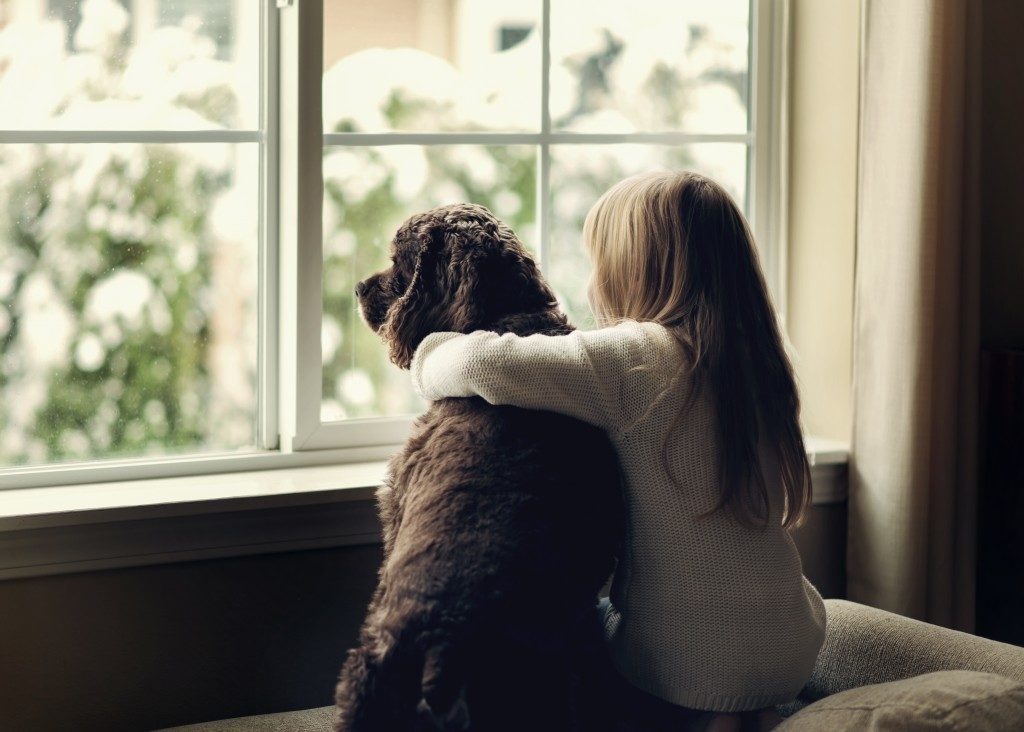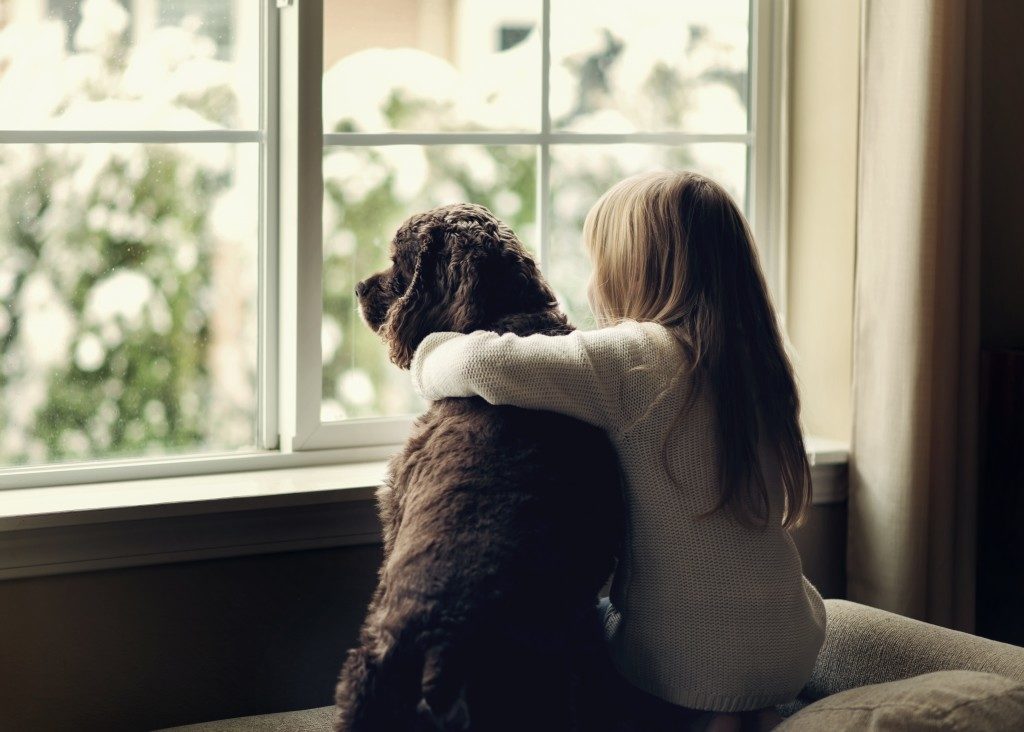
When the cold wind blows and snow coats the ground outside, you and your kids can easily snuggle up under a cozy blanket to feel warm. But what about your dogs at home? What do you do to help them feel comfortable this winter? Here are a few winter care tips for your furbabies:
Take Care of Your Dog’s Ears, Paws, and Tail
During winter, your dog automatically directs blood flow to the center of its body to stay warm. It makes your dog’s ears, tail, and paws susceptible to frostbite. Ice crystals can form in the tissue of those body parts and damage them. Keep your walks and plays outside short to protect your dog’s ears and tail from the risk of frostbite. Dog booties, on the other hand, can provide warmth to your dog’s paws and protect them from harmful chemicals outside like deicers.
Keep Heaters Out of Reach
You probably had all the broken heaters in your Riverton home repaired for the cold winter. But watch out for those that are easy for your dogs to access during this season. They may curl up next to your furnace or radiator without knowing how hot these heaters can get. Make your heat sources inaccessible to prevent burn risks for your pets.
Make Cozy Bedding

Since you make heat sources in your home inaccessible, ensure your dog’s bedding is cozy to help them stay warm throughout the season. Choose warm blankets to create a snug environment. Raise the bed to keep your pooch away from cold tiles or concrete. If possible, replace the bed with a heated one. This is especially beneficial if you have a senior dog, as the heated bed can help keep their aging joints from getting stiff this cold season.
Adjust Daily Calorie Intake
Your furbaby’s diet may include the recommended amount of calories it needs to stay healthy. Remember, however, that winter changes a dog’s activity level and affect its calorie needs.
Does your dog love the snow and go out several times a day to play with the snow? It may need more calories as its activity level increases. But if your pet is the type that doesn’t like to go out in the cold even for potty breaks, you should reduce their calorie intake as they are less active.
If you’re unsure what’s the best amount of calorie for your dog and activity level this cold season, don’t hesitate to consult your veterinarian to come up with a suitable plan.
Prepare Emergency Supplies for Your Pooch
Blizzards and storms are frequent during winter. While you probably prepared emergency bags for you and your family, you might need to prepare another one for your dog. This may contain dog blankets to keep your dog warm, in case you lose power, dog food, and dog medications if you get stranded at home, and toys to entertain them as you all wait for the storm or blizzard to pass. Include traveling kits, as well. These help you transport your dog easier in case you all need to leave home before a storm arrives.
No matter how tough dogs are, harsh winter weather can cause discomfort to them. Pay attention to your pet’s wellbeing this winter so that they can be healthy and comfortable throughout the season.


